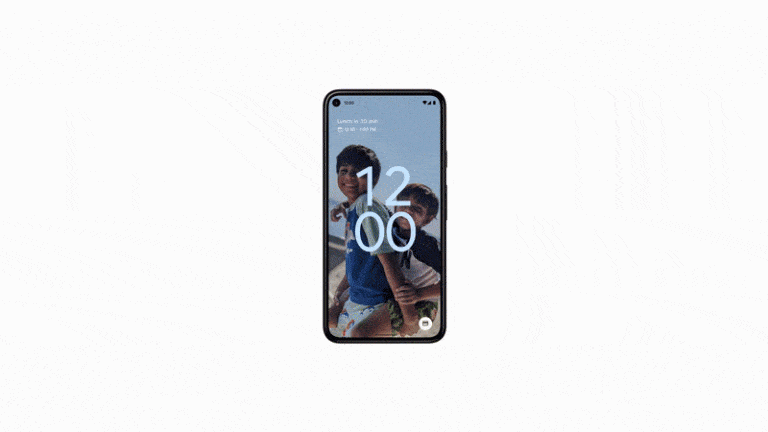Android 12 version has been codenamed ‘Snow Cone,’ according to a Google official who divulged the information on Twitter.
The practice of naming new Android versions after desserts is not a new one, as Google has already used titles such as Ice Cream Sandwich, Marshmallow, and Nougat in the past.
The firm chose to follow the number sequence for naming its future Android versions with the release of Android 10 in 2019. This practice was discontinued after the release of Android 10 in 2019. After months of testing under different developer previews and beta releases, the Google-developed Android 12 operating system was officially released on Monday as the company’s most recent operating system.
Snow Cone, as announced by Google Vice President of Engineering for Android Dave Burke in a tweet on Monday, will be the name of the dessert for Android 12. As a result, the current Android operating system is the first in the last couple of years to be given a specific dessert-themed moniker — following Android Pie, which was given to the mobile platform’s ninth major update.
Android Central reports that the term Snow Cone originally appeared in February, however it did not attract enough attention because Google had stopped using dessert titles for its new Android versions starting in 2019.
Nonetheless, the Android family was given dessert names within the company, with Android 11 being referred to as Red Velvet Cake among Google developers, according to reports. Burke had also recommended that Android 10 be named Queen Cake, but the company ultimately decided against using the dessert-themed naming strategy.
On Monday, the Android Open Source Project (AOSP) made a stable version of Android 12 available for download. Manufacturers like Oppo, OnePlus, and Realme have all confirmed the introduction of custom skins for the new Android version, which were released shortly after the debut. Google Pixel phones, on the other hand, have not yet received the update.
Android 12 was officially unveiled at Google’s I/O developer conference in May, after the release of a developer preview in February. It introduces the all-new ‘Material You’ design language, which was first seen in a developer preview in February.
It also includes additional privacy choices, new approximate location permission, and an on-screen indication that notifies users when the phone’s built-in microphone or camera is being used, among other features. It is possible to opt-out of advertisement tracking in a similar manner to how it is done on iOS devices, which will be accessible later this year.
Google has also enhanced the overall user experience on Android 12 by increasing the battery economy of the device and increasing the speed of the CPU. Other enhancements include faster audio transitions and an enhanced notification shade, among other things.

